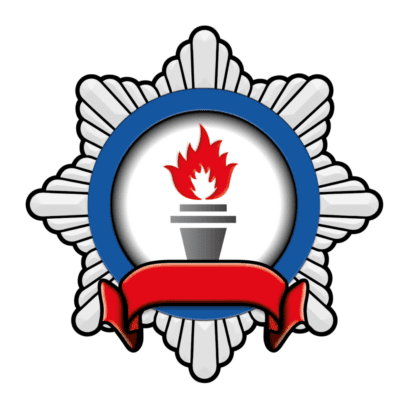Published 30 March 2023
NFCC responds to HMICFRS spotlight report on culture in the fire and rescue service

Responding to the inspectorate spotlight report on culture in the fire and rescue service, the Chair of the National Fire Chiefs Council has stated his commitment and determination to work with all fire and rescue services to deliver an open, inclusive, and welcoming culture for all. He is clear that this is his number one priority.
Following His Majesty’s Inspectorate of Constabulary and Fire & Rescue Services report into values and culture, NFCC Chair Mark Hardingham said there is no place for discrimination, bullying or harassment in fire and rescue services. He echoed HMICFRS’s findings that ‘change is urgently required.’
To lead this change, earlier this week, 200 senior leaders and people from across every UK fire and rescue service, alongside representatives from partner organisations, came together at the NFCC Culture and Inclusion Conference. We committed to tackling discrimination, harassment and bullying with a renewed vigour, alongside acting together to ensure that diversity, inclusion, and ethics are at the centre of every fire and rescue service.
Strong action must be taken to ensure everyone feels safe and supported, staff are treated fairly and have the confidence to challenge poor behaviour.
NFCC Chair, Mark Hardingham
A new NFCC action plan will be produced and published within a month – this will include actions that respond to the recommendations outlined in this report. The action plan will help to deliver the change needed to ensure inclusive fire and rescue services. NFCC has also committed to establishing an external, independent expert advisory panel to provide challenge, support, and scrutiny of this plan.
Mark Hardingham said: “This report makes for difficult reading; I am clear that now is the time to act together to deliver transformation and culture change across the fire and rescue service. We need to move forward with pace; there is no time to wait. To read about the allegations of bullying, harassment and discrimination paints a stark and damning picture of the cultural issues fire and rescue services face.
“I fully support the report’s recommendations and I am committed to working with fire and rescue services, government, HMICFRS and wider partners to ensure we see tangible improvements – and provide challenge and support where we do not. Strong action must be taken to ensure everyone feels safe and supported, staff are treated fairly and have the confidence to challenge poor behaviour.
“A great deal of NFCC work is already underway, including against many of the recommendation areas. This will ensure that further progress is made at pace. One such piece of work involves work on-going to ensure an independent, confidential reporting line is available in every fire and rescue service.
“There is still a huge amount of work to ensure an inclusive culture is consistent and embedded. However, it is also important to note that HMICFRS recognised there are areas of good practice to learn from and that most staff already act with inclusion and integrity. We must harness the learning from those fire and rescue services who have made substantial progress establishing an inclusive workplace. By addressing these difficult issues together, we will ensure we continue to have a fire and rescue service that we can all be proud to be part of.”
Notes:
The 35 recommendations include: How staff can raise concerns; appropriate background checks; misconduct handling including a national barred list; leadership; mechanisms for all staff to raise concerns; management and leadership training and development; Diversity data; Improving diversity; review the implementation of the Core Code of Ethics, and the report’s findings and recommendations should be considered by government when refreshing the Fire and Rescue National Framework for England.
